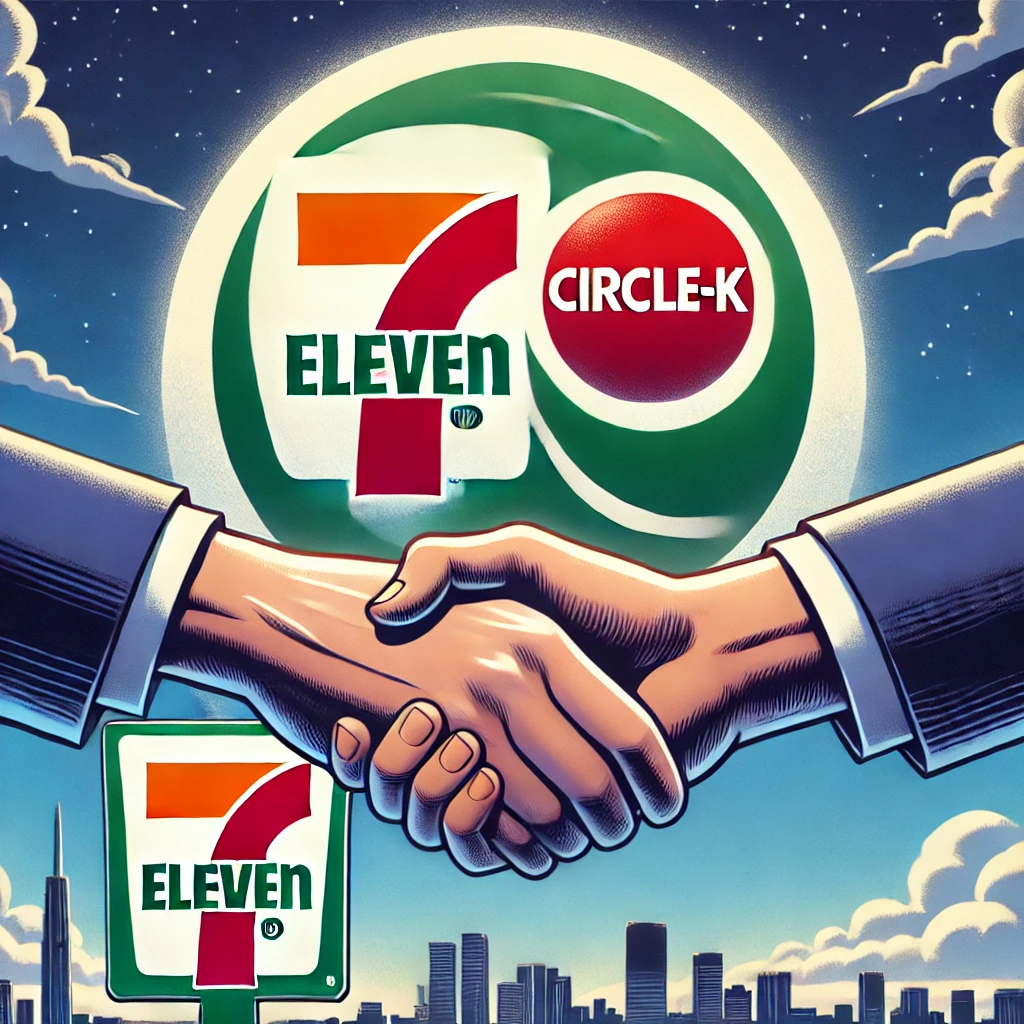7-Eleven has announced plans to close 444 stores across North America. This decision is part of the company’s response to several economic challenges, including a drop in sales, fewer customers, and rising inflation. The closures will affect about 3% of 7-Eleven’s 13,000 stores in the U.S., Canada, and Mexico.

The convenience store chain has been experiencing slower sales, particularly in cigarette purchases, which were once a major source of revenue. Cigarette sales have dropped by 26% since 2019, and while some customers have switched to other nicotine products, it hasn’t been enough to offset the decline.
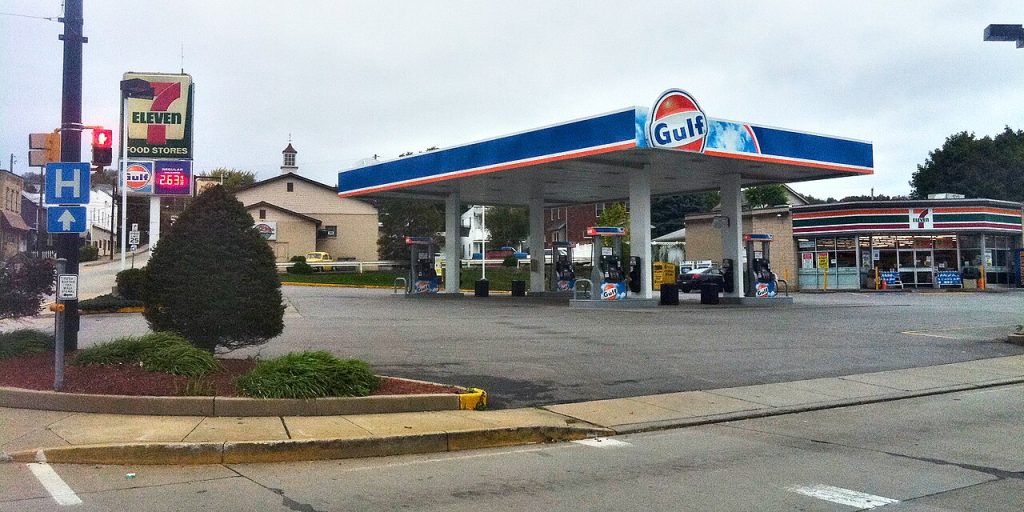
Inflation and higher interest rates are also making it harder for middle- and lower-income customers to spend as much as they used to. In August, the company reported a 7.3% decrease in foot traffic, following several months of declining customer numbers.
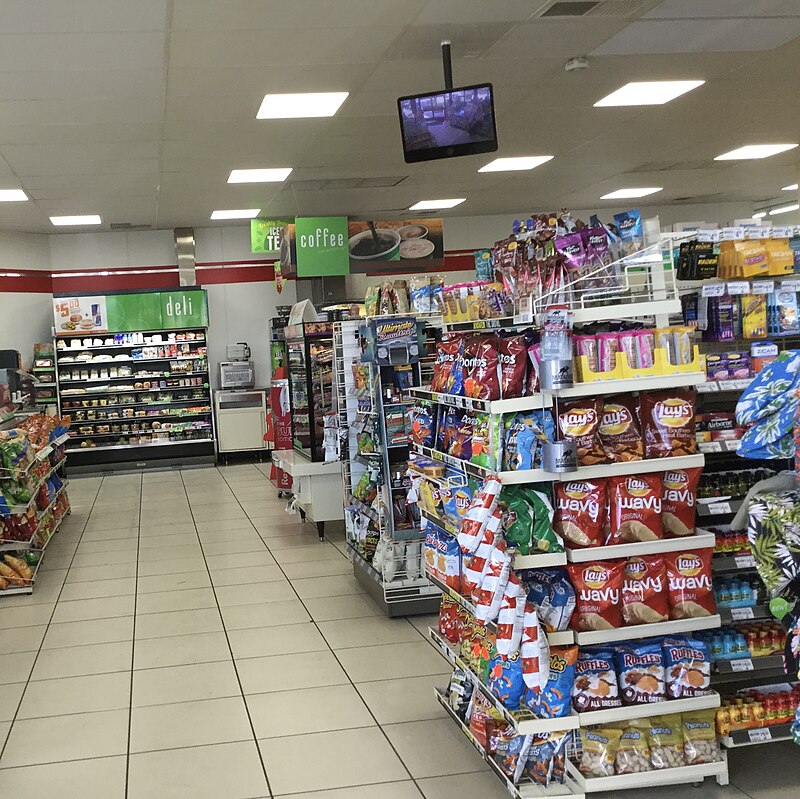
The decision to close these stores is part of a larger effort to make the company more efficient and profitable. 7-Eleven is focusing on investing in areas where there is still strong demand, such as its food offerings, which have become a top draw for customers.
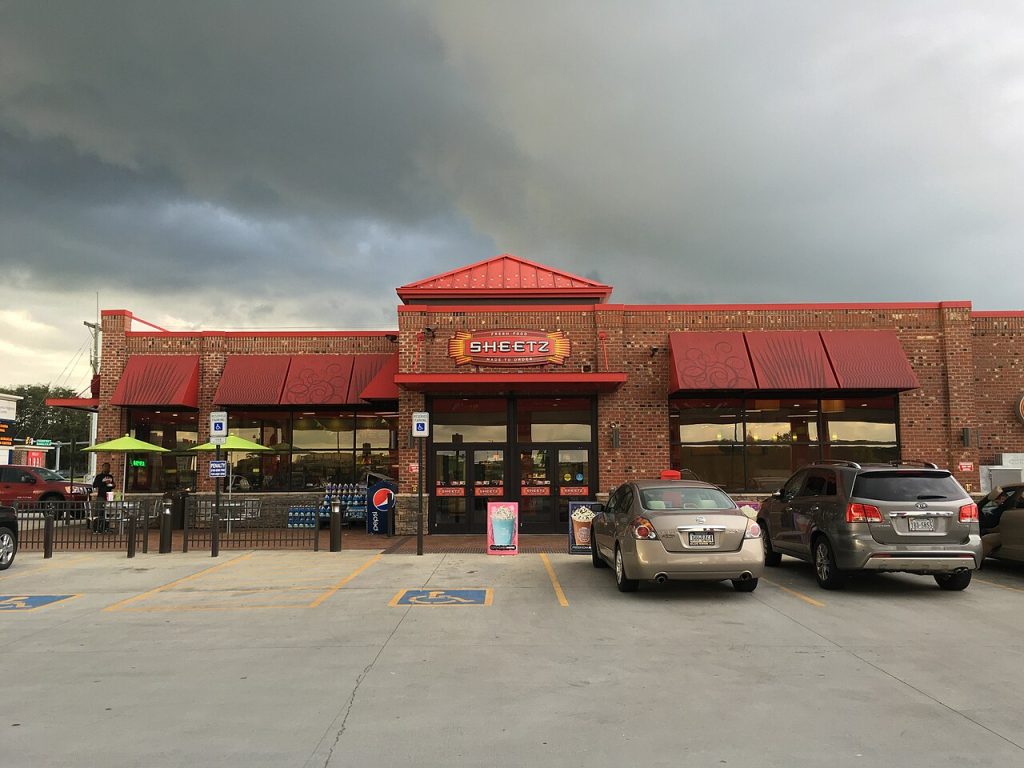
However, the company faces stiff competition from other convenience store chains, like Wawa and Sheetz, which have received higher customer satisfaction ratings.

In addition to the store closures, 7-Eleven’s parent company, Seven & I Holdings, is currently the subject of a takeover bid from Circle-K’s owner, Couche-Tard. This bid, valued at just over $47 billion, could lead to further changes for 7-Eleven in the future.
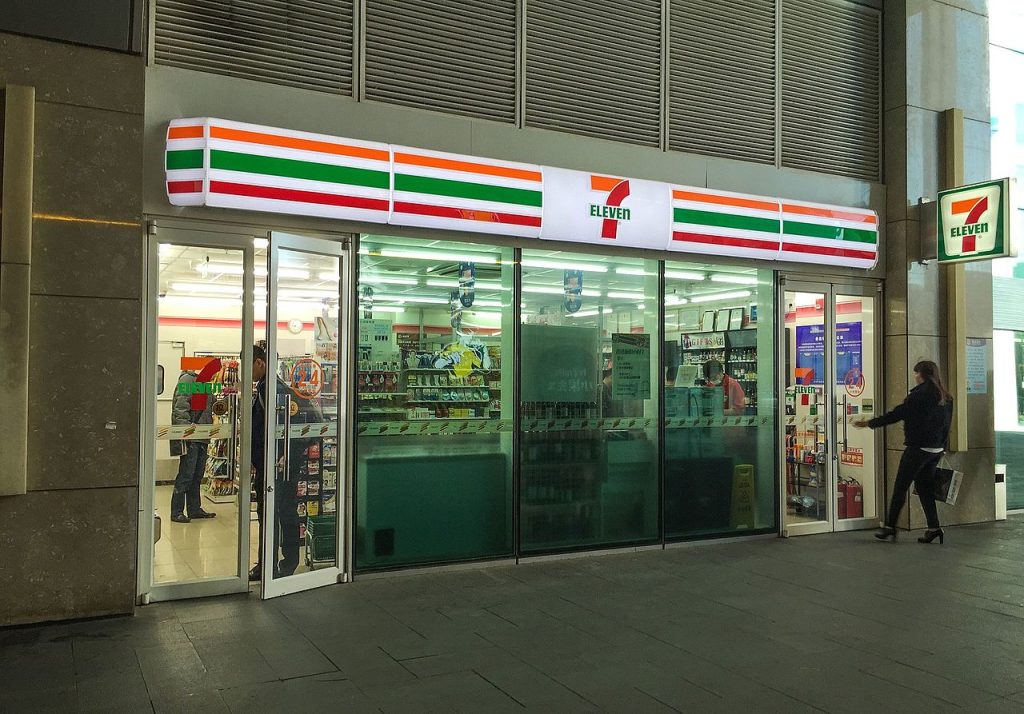
While these closures may seem like a setback, the company is continuing to open new stores in areas where customers are looking for more convenience and is making adjustments to stay competitive in a changing retail environment. It is also highly likely that 7-Eleven is dressing up the balance sheet to make Circle K increase their bid.

